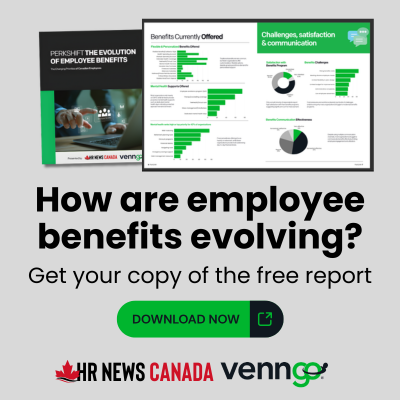The former general manager of a transportation business, owned by his parents, has been ordered to return two company vehicles in an Ontario Superior Court of Justice ruling.
The decision came after the company, a number company operating as PARS 2000, sought legal action for the recovery of the vehicles following his termination.
The plaintiff, 4151909 Canada Inc., is a transportation service company owned by R.M. and Z.M., the defendant’s parents. S.M. worked for the corporation for 38 years, most recently as the general manager. However, on May 30, 2023, financial irregularities were reported to the shareholders, leading to significant changes within the company’s leadership.
In response to these irregularities, the shareholders executed a special resolution appointing their daughter as the sole director of the corporation. Consequently, S.M.’s position was not renewed, and he was terminated, effective July 20, 2023.
Legal proceedings
The initial legal action began on Dec. 6, 2023, when the court heard the plaintiff’s motion for an interlocutory injunction to prevent S.M. from interfering with the corporation’s business. This motion also included a demand for the return of company property, specifically the two vehicles.
Despite consenting to most of the relief sought, S.M. refused to return the vehicles, arguing that it was an accepted practice for family members to use company vehicles. The court dismissed this argument, emphasizing that S.M. no longer had permission to use the vehicles:
“(S.M.) does not appear to appreciate that if there are other people driving cars registered in the company’s name, they are presumably doing so with the company’s consent. The company is now demanding the return of the two vehicles (he) purchased. Regardless of whether the purchase of the two vehicles was properly authorized by the company or whether other family members are driving vehicles purchased by the company, (S.M.) is no longer a company employee, and the company is demanding the return of the vehicles,” the court said. “(S.M.), his wife, and/or his stepdaughter have no legal right to the vehicles; they do not own them.”
The court ordered the immediate return of the vehicles, a directive S.M. did not comply with, prompting further legal action.
Current ruling
In the latest hearing, the court reviewed the plaintiff’s motion under Rule 44 of the Rules of Civil Procedure, which allows for the recovery of personal property. The court found that the plaintiff had met all the necessary criteria for the recovery of the vehicles, including ownership proof through registration certificates and invoices confirming the vehicles’ purchase by the company.
S.M.’s defense included an affidavit stating that his mother, a shareholder, had no objections to his stepdaughter using one of the vehicles until July 2025. However, the court ruled this letter as hearsay, noting that the defendant’s mother no longer had the authority to make such decisions:
“Even if it could be admitted for the truth of its contents, the defendant’s mother is no longer a director of the corporation and does not have any authority to manage the corporation as a shareholder. Moreover, the letter does not address the other vehicle that is the subject of this motion.”
Further, S.M. alleged that his sister obtained the special resolution removing him and his parents as directors by false pretenses, but failed to provide details or proof for these claims.
Implications and next steps
The court ordered the immediate return of the vehicles by July 15, 2024. Should S.M. fail to comply, the Sheriff is authorized to seize and deliver the vehicles to the company.
Additionally, the court awarded costs to the plaintiff, fixed at $10,000, payable within 30 days. However, the court declined to order a monetary compensation for the vehicles’ value at this time, due to insufficient evidence regarding their current value.
For more information, see 415909 Canada Inc c.o.b. PARS 2000 v. Moghadam, 2024 ONSC 3886 (CanLII).





